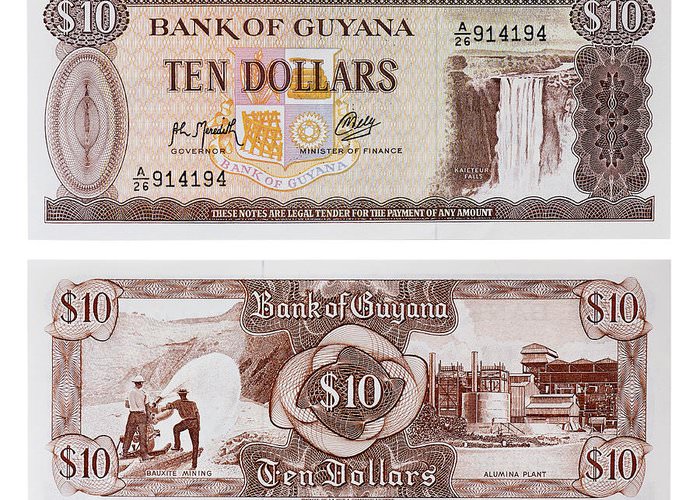Risks of Trading Exotic Currencies
October 6, 2020

In recent years, the market has been literally flooded by a new generation of traders who have wisely exploited the opportunities granted by digital technology. This phenomenon has primarily involved the Forex market, which is not by chance one of the most traded markets today.
However, this phenomenon has also led to a growing specialization of traders, who have stopped focusing exclusively on the most famous and traded currency pairs, and have started to refer to a completely different kind of currencies, aptly called "exotic".
Trading with exotic currencies, however, is not exactly all sunshine and rainbows. In fact, it poses some risks to be considered, which are quite rare in the practice of "traditional" Forex Trading. We discuss this in the article.
What are exotic currencies
Before discussing the risks of exotic currencies, it is essential to frame the object of contention. In other words, it is necessary to provide a definition that is as clear and exhaustive as possible of the concept of "exotic currency".
Well, an exotic currency is defined as a currency that refers to an economy with minimal weight and is somewhat marginalized in trading. Very often, exotic currencies circulate in small countries burdened by not exactly thriving economies. It is no coincidence that most exotic currencies come from Asia and Africa. However, there are also cases of exotic currencies of European and South American origins.
Below are the risks associated with trading exotic currencies.
The issue of readability
We have already mentioned it: exotic currencies are scarcely considered by traders. Consequently, however, they are also given little consideration by analysts and, in general, by experts in speculative investment.
The result is a marked lack of analysis, papers, and forecasting studies on exotic currencies. This poses some difficulties for traders who intend to venture into investing in these "strange assets".
Also because, but this is obvious, if readability is reduced, the ability of traders to intuit future price movements is also reduced.
The low liquidity of exotic currencies
This is probably the most typical and characterizing feature of exotic currencies. Not by chance, the distinction between exotic and "normal" currency is based precisely on this criterion.
The truth is that exotic currencies are niche assets, therefore they are traded more rarely. As a result, volumes are very low and liquidity is scarce.
This is a problem for a whole series of reasons. First, if liquidity is scarce, the weight of large investors, who still intervene, exerts a greater influence, unintentionally distorting the market. In this way, the analyses of traders, perhaps produced with extreme effort (see previous point), are simply disproved.
Another reason why low liquidity is a problem lies in the tendency of exotic currencies to produce excessive price fluctuations. In simple terms, the volatility of exotic currencies is far greater than that of normal currencies.
Now, price fluctuations are the main tool with which traders generate a surplus. However, if these are deep and frequent, they are dominated by a certain unpredictability, which poses significant risks for traders.
Obviously, the context of exotic currencies is extremely varied. In fact, some are "more exotic" than others. While it is still possible to come to terms with the volatility of some currencies and maintain a rational and analytical approach, with others this goal is simply unachievable. In any case, it will be up to the trader to recognize the dangerousness of the various currencies by observing the short and long-term charts. The advice is to dedicate a lot of time and energy, both intellectual and not, to this first phase of evaluation.
The spread of exotic currencies
Finally, a purely economic issue must be noted. Very simply, exotic currencies are expensive. This may seem a contradiction, since they are rarely traded. In reality, this is practically a given, as traders who venture daily into investing in these particular assets can attest. Why are exotic currencies so expensive? And what does "expensive" mean?
The reference is to the spread. Brokers apply a much higher spread to exotic currencies compared to traditional currencies. The reason for this policy is intuitive: if liquidity is scarce and trades are reduced to a minimum, the broker struggles to find a counterparty, thus feeling the need to protect itself from the risk of remaining with the order unfilled. From this point of view, the high spread is a sort of compensation or risk premium.
Obviously, the high spread is a problem for traders, as it erodes, albeit proportionally (unlike commissions), any profits.
In fact, judging by the opinions of the most experienced traders, it is precisely the size of the spread that makes it wise to think twice before undertaking any speculative investment activity with exotic currencies. This is a recommendation that we fully endorse.




